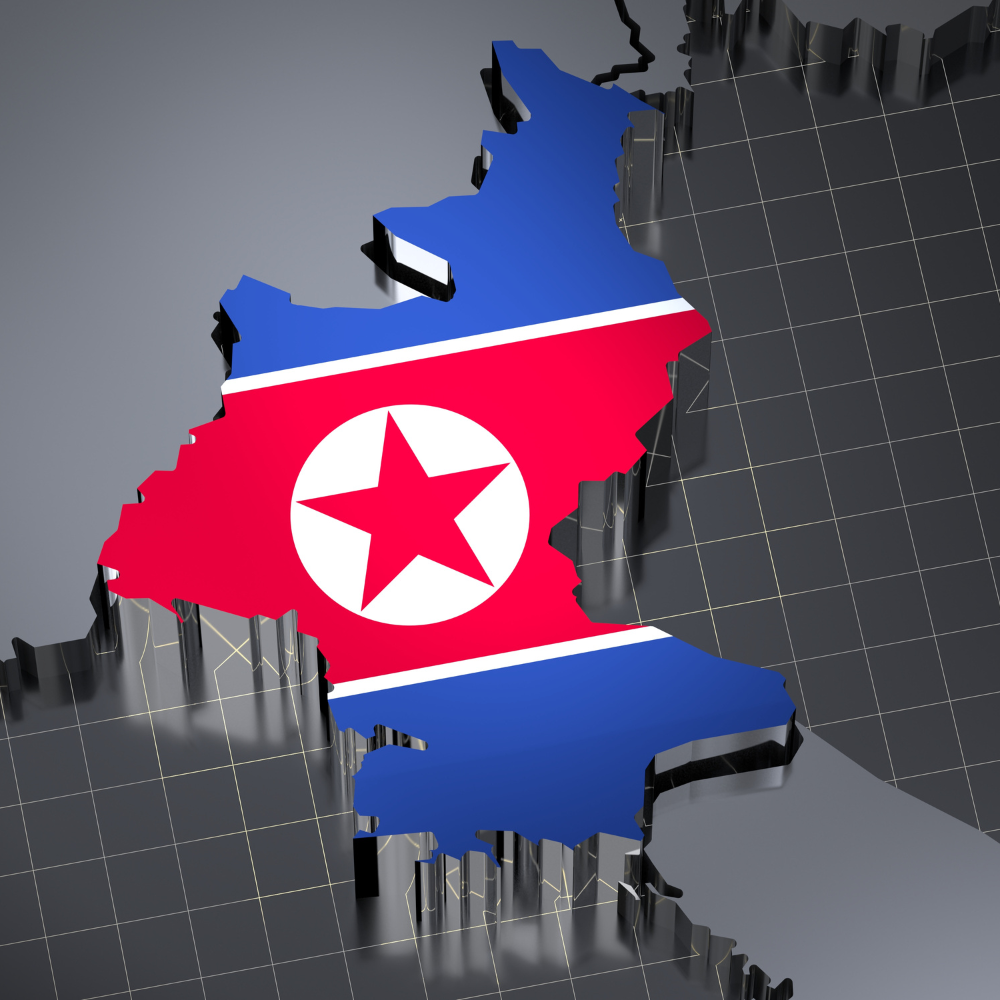North Korea condemns Yoon’s ‘insane’ martial law attempt
North Korea has strongly condemned South Korean President Yoon Suk Yeol’s recent, short-lived attempt to impose martial law, accusing him of attempting to establish a “fascist dictatorship.” The remarks were published on Wednesday in the Rodong Sinmun, the official state newspaper, which likened Yoon’s actions to a military coup reminiscent of past authoritarian regimes in South Korea.
Sources criticized Yoon’s “insane act” of declaring martial law, claiming it reflected his desperation to cling to power. It further alleged that his declaration revealed “weaknesses in South Korean society” and predicted that his political career could end prematurely. The article also featured images of protests in Seoul, including young demonstrators holding banners and K-pop light sticks, symbolizing the widespread backlash to Yoon’s controversial move.
President Yoon Suk Yeol’s declaration of martial law last week has thrown South Korea into a state of political upheaval. Yoon justified his shocking decision by claiming that sympathizers of North Korea were conspiring to undermine his administration. However, the move was met with widespread condemnation both domestically and internationally. Critics labeled the declaration as authoritarian overreach, forcing Yoon to retract the order within days amidst growing backlash.
Despite remaining in office, Yoon’s political career hangs by a thread. He is under investigation for treason, with authorities imposing a travel ban to prevent him from leaving the country. His ruling People Power Party (PPP), led by Han Dong-hoon, has distanced itself from him. Han announced that Yoon would no longer be involved in state affairs while plans for his early resignation are formalized. A roadmap for his departure is expected later this week, though specifics have yet to be disclosed.
The South Korean defense ministry confirmed that Yoon technically retains command over the armed forces. However, confidence in his authority has eroded, with the special warfare commander publicly stating that his troops would not follow any new martial law orders. This uncertainty has raised fears that North Korea could exploit the crisis to provoke Seoul, further destabilizing the region.
Yoon narrowly survived an impeachment vote over the weekend after members of his ruling party boycotted the anonymous ballot. The opposition Democratic Party, which holds a parliamentary majority, has vowed to continue its efforts to remove him from office. Another impeachment vote is scheduled for Saturday, with the Democratic Party needing at least eight PPP lawmakers to support their motion to secure the required two-thirds majority in the 300-seat National Assembly.
The local sources sharply criticized Yoon’s martial law declaration as a reckless and oppressive act. They accused him of wielding “blades and guns of fascist dictatorship” against his own citizens, emphasizing the protests that erupted across South Korea in response. The North’s commentary reflects its ongoing strategy of exploiting South Korean political instability to undermine its rival on the peninsula.
As South Korea grapples with the fallout of Yoon’s actions, the nation faces deepening political uncertainty. With impeachment efforts underway and questions surrounding the president’s authority, the crisis has exposed vulnerabilities in the country’s governance. Meanwhile, tensions with North Korea remain a pressing concern, further complicating an already volatile situation.









